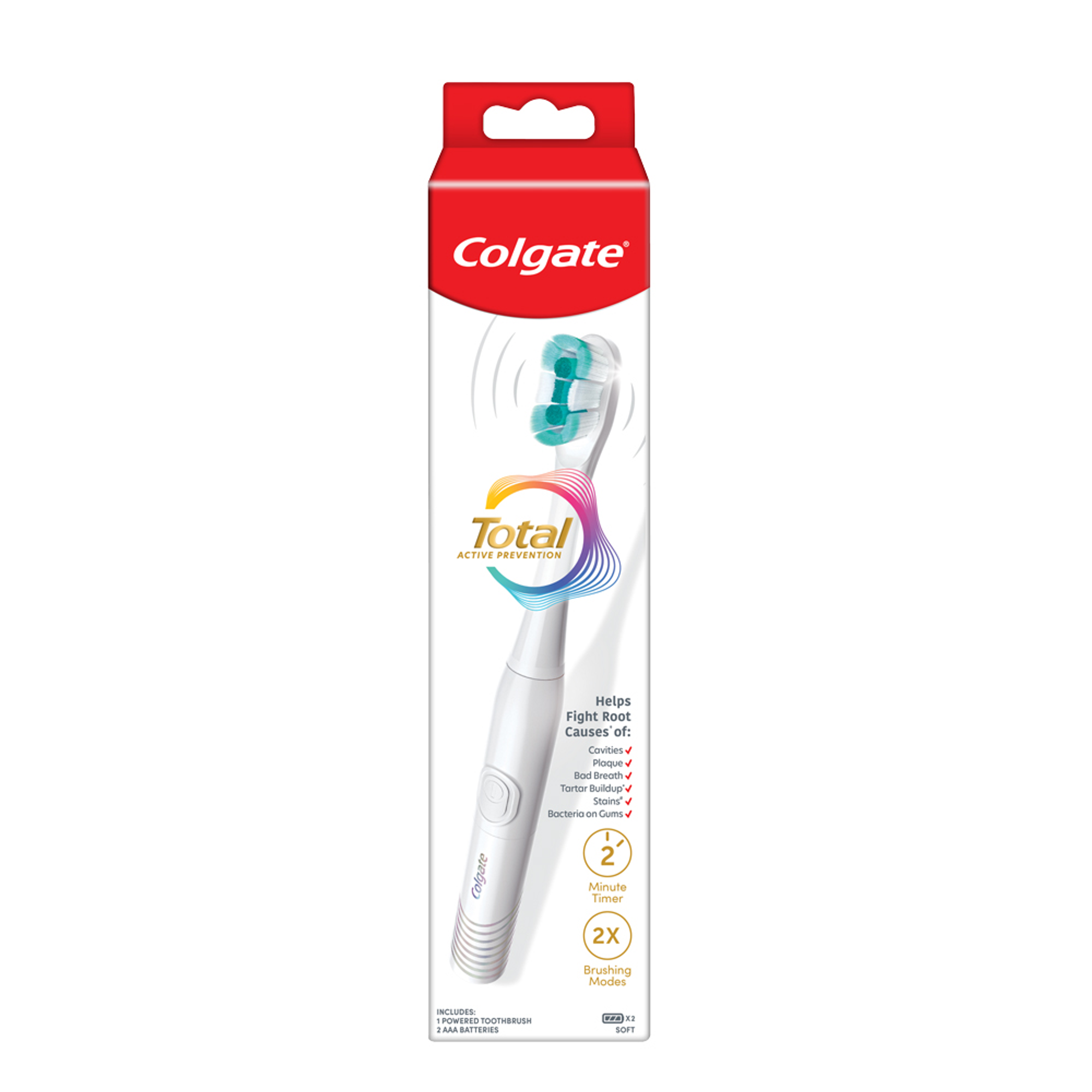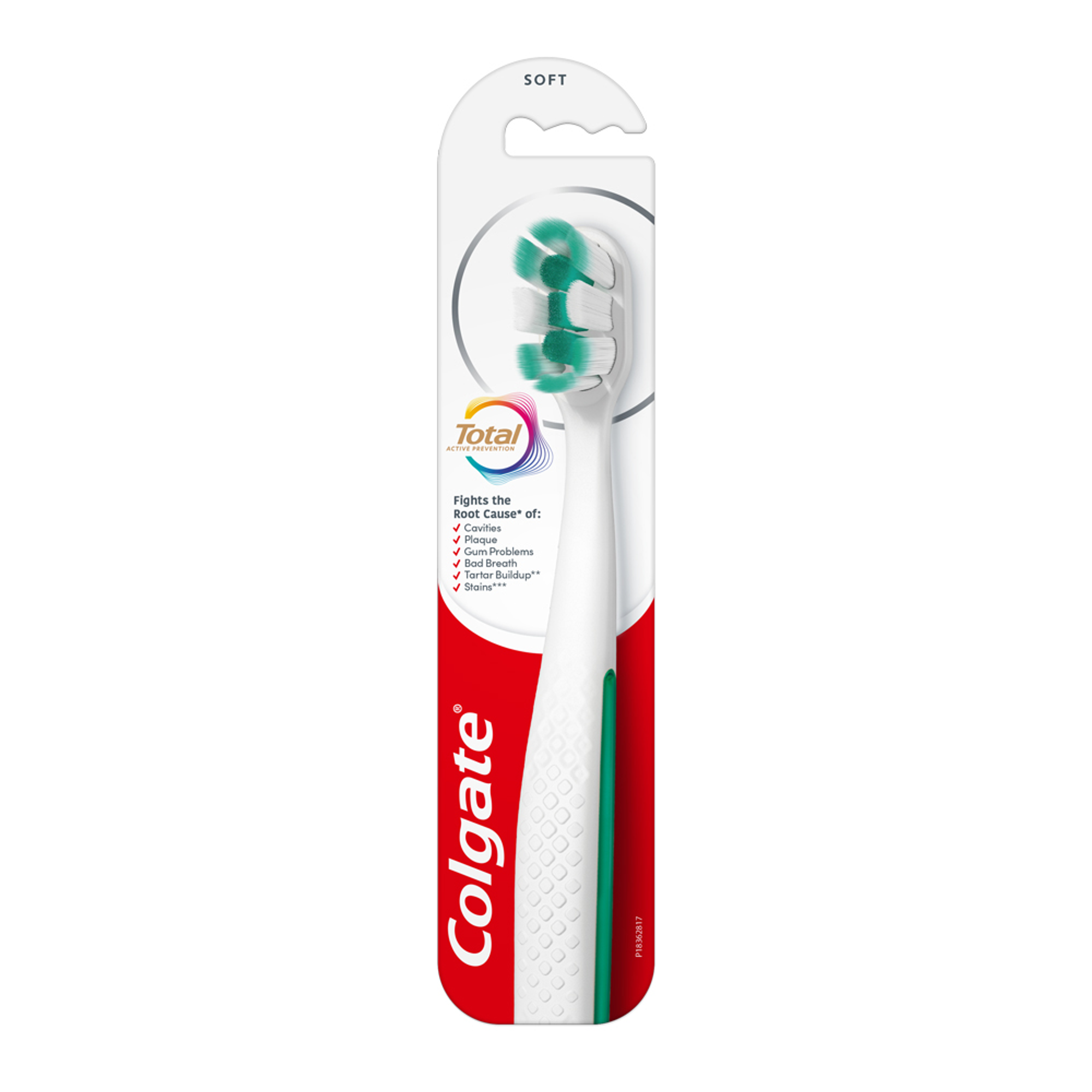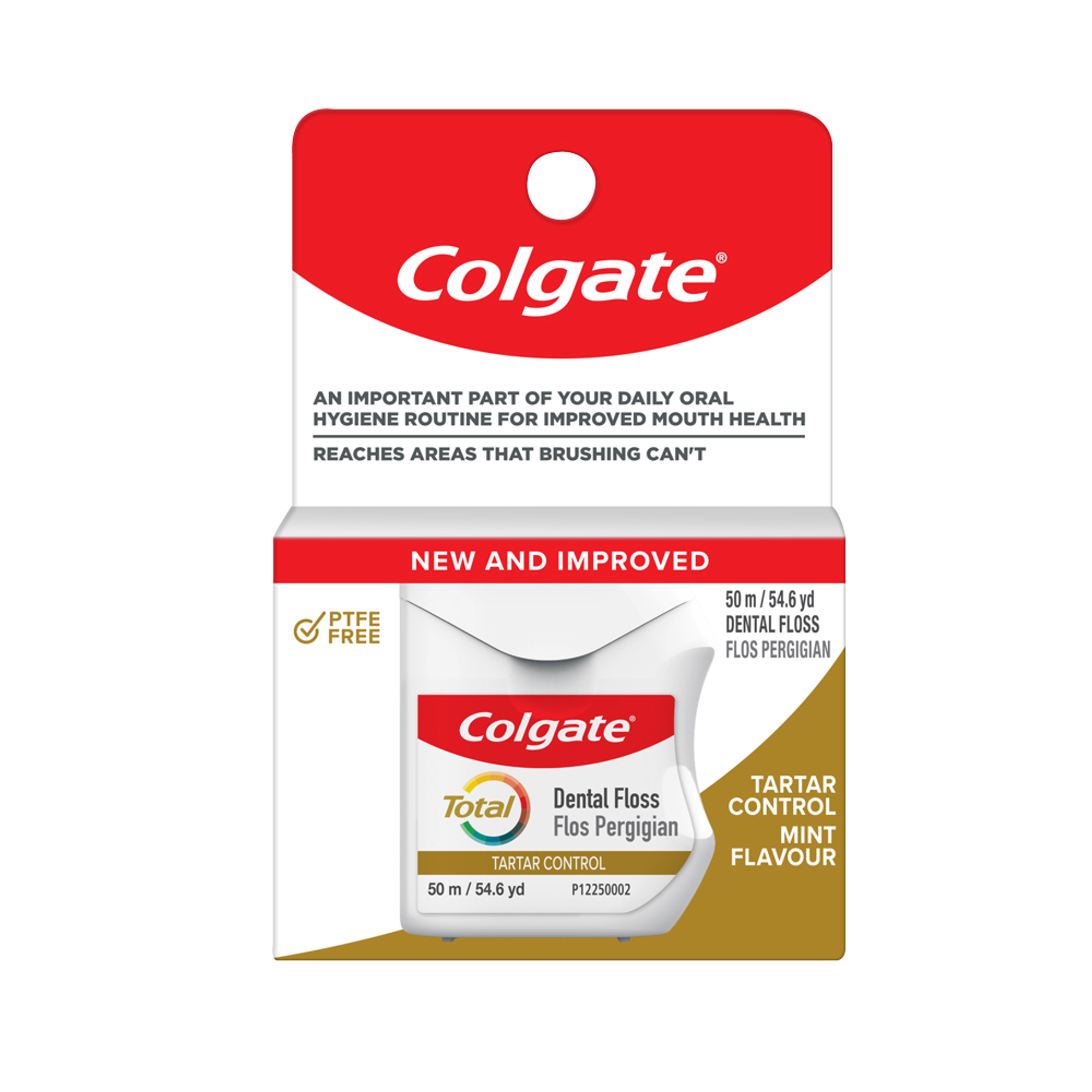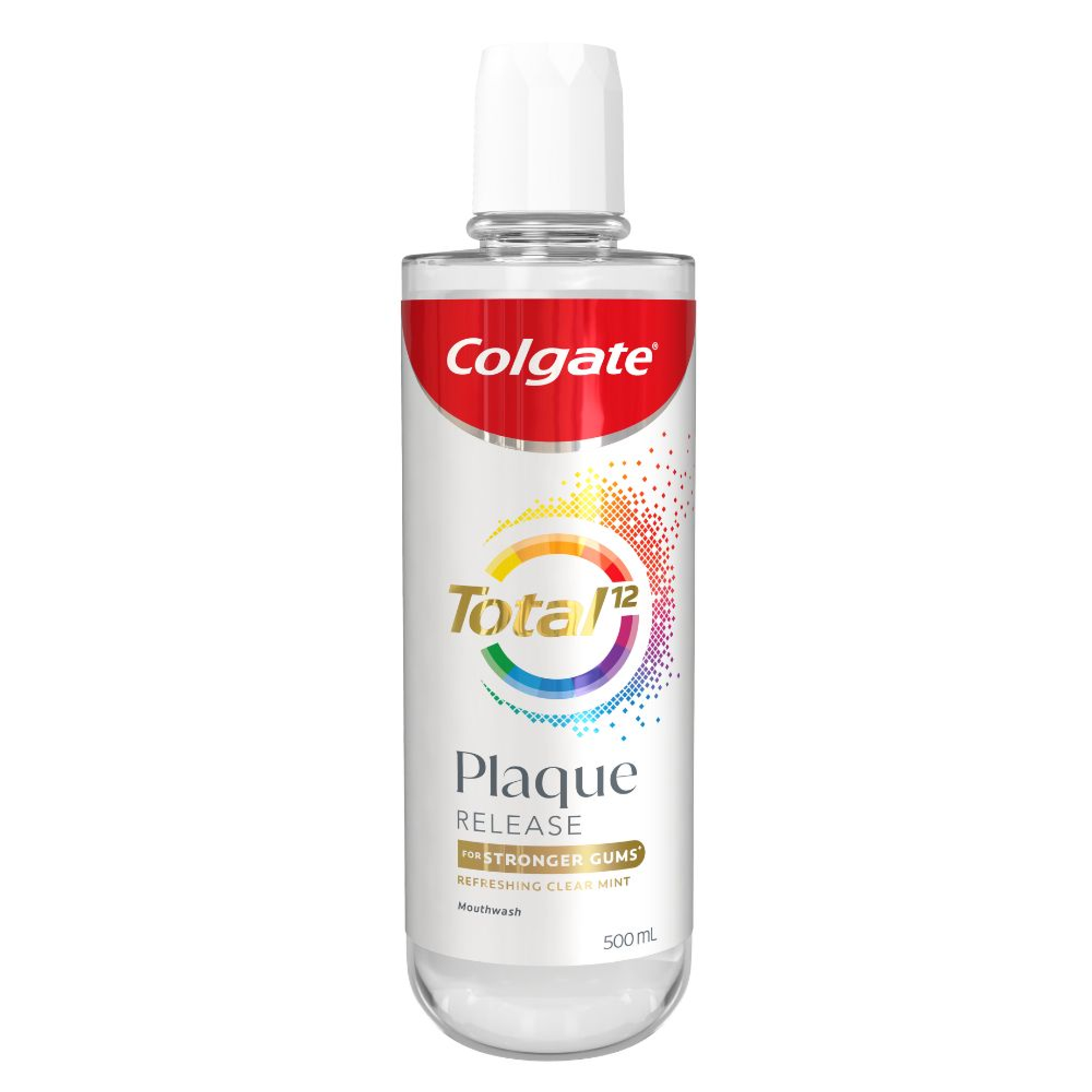What’s the Difference Between Plaque and Tartar?
Plaque and tartar are closely related, but they are not the same. Dental plaque is a soft, sticky film of bacteria that builds up on your teeth throughout the day. The major cause is the consumption of sugary or starchy foods. Plaque buildup can be easily removed with regular brushing and flossing.
Tartar, on the other hand, is hardened dental plaque that has stayed on your teeth for too long. It forms when minerals in your saliva combine with plaque, creating a hard, yellow or brown deposit known as dental calculus. This can only be removed by a dentist. Over time, tartar buildup can lead to gum irritation and increase the risk of cavities if left untreated. Understanding plaque vs tartar helps you know why daily oral care and professional cleanings are essential for both preventing gum disease and maintaining good dental health.
What Are the Symptoms of Tartar on Teeth?
Recognising tartar early helps prevent gum problems, tooth decay, and periodontal disease. The most common signs of tartar buildup include:
Yellow or brown stains: Tartar often appears as discoloured patches on teeth. Brushing alone cannot remove it. If left untreated, these stains can harden further, dull your smile over time and affect overall dental hygiene.
Rough surface: When you run your tongue over your teeth, tartar may feel uneven or gritty. This rough texture also makes it easier for more plaque and bacteria to stick to your teeth.
Gum inflammation: Red, swollen, or bleeding gums indicate the early stages of gum disease. This is mainly caused by tartar buildup and poor plaque removal. Without proper care, it can progress to periodontal problems that harm the gums.
Persistent bad breath: Bacteria trapped in tartar can lead to persistent bad breath (halitosis). This condition does not go away even after brushing or using mouthwash. The odour often returns as the bacteria continue to thrive in the tartar deposits.
People with dry mouth are also more prone to tartar formation since reduced saliva makes it harder to wash away bacteria. If you notice these signs, it is time to schedule a professional cleaning to protect your gums and teeth.
Can You Really Remove Tartar at Home?
Trying tartar removal at home might sound appealing, but it is not safe or effective. Once plaque hardens into tartar, brushing or flossing cannot remove it completely. Many people search online for “how to remove tartar from teeth without dentist?”, but these methods often cause more harm than good.
Why Home Remedies Do Not Work:
Baking soda or white vinegar may help clean teeth, but they can damage enamel and irritate gums.
Oil pulling is an ancient practice believed to draw out toxins. But it cannot remove tartar or reach deep gum pockets.
Coconut oil or vitamin C gargling might have mild antibacterial effects. But they cannot break down hardened plaque.
Home-made rinses only remove loose food particles. The mineral deposits that cause tartar buildup cannot be removed easily with a swish.
Do-it-yourself tools can injure gums and make hard-to-reach areas more difficult to clean.
Why Dental Professionals Are Best for Tartar Removal:
Dentists use advanced instruments to remove tartar from above and below the gumline.
Professional dental checkups ensure complete cleaning. It prevents gum disease, bad breath, and tooth decay.
Dental floss, when used as recommended by dentists, keeps plaque and food particles from turning into tartar. Flossing cleans areas where a regular toothbrush cannot reach.
A dentist can clean plaque missed by your oral care routine. They can remove plaque and tartar deposits without harming the calcium-rich enamel of your teeth.
Routine visits support strong teeth, healthy gums, and long-term dental health.
In short, tartar removal is not something that can be done safely at home. For clean teeth and lasting oral health, schedule regular professional cleanings.
What are the Benefits of Professional Tartar Removal?
Professional dental tartar removal offers benefits that go beyond a brighter smile. Visiting your dentist regularly is a key part of good dental care. Understanding how to remove tartar from teeth with the help of a dentist is key to avoiding various oral care issues caused by tartar. Some of the benefits of getting professional tartar removal include:
Prevents Gum Disease: Removing tartar helps stop gingivitis and prevents more advanced gum infections like periodontitis. Professional dentistry helps ensure healthier gums and stronger support for your teeth.
Reduces Bad Breath: Dental cleaning clears away bacteria and food debris trapped in tartar that cause unpleasant odours and persistent bad breath.
Protects Enamel: Dentists safely remove tartar without harming tooth enamel, preventing sensitive teeth and enamel erosion.
Prevents Tooth decay: Professional tartar removal helps stop cavity-causing bacteria from spreading. This reduces the risk of tooth decay and tooth sensitivity.
Improves Appearance: Professional cleanings restore your teeth’s natural brightness by removing yellow or brown tartar stains and keeping tartar build-up under control.
Prevents Tooth Loss: Routine cleanings stop gum recession and bone loss linked to severe tartar build-up, reducing the chance of tooth loss.
Lowers Risk of Systemic Health Issues: Reducing tartar and inflammation supports not just oral health but also overall wellness, lowering risks of infections, heart disease and diabetes.
By investing in regular professional cleanings, you protect your teeth, prevent tartar buildup, and ensure your oral health stays strong for years to come.
How to Prevent Tartar Build-Up
Preventing tartar is easier than removing it once it hardens on your teeth. Tartar forms when dental plaque is not cleaned properly, and minerals in your saliva cause it to solidify. A consistent oral hygiene routine is key to tartar control, keeping your smile brighter and reducing the risk of future health problems linked to poor oral hygiene.
Brush twice a day with tartar control toothpaste:
Using a tartar control toothpaste such as Colgate Total Plaque Release helps remove plaque before it hardens into tartar. Its formula contains Amino foam & Zinc minerals that go deep to release 3x bacterial plaque along the gumline*. This helps to fortify gums to make them stronger^. Brushing for two full minutes twice a day removes food particles and germs, helping reduce bad breath.
Floss daily:
Flossing is essential because it clears away trapped food debris and bacteria from areas a toothbrush cannot reach. It reduces the risks of plaque formation and tartar buildup. Consistent flossing is simple yet effective to maintain a clean, fresh mouth and prevent tartar.
Rinse with an antiseptic mouthwash:
Using an antiseptic mouthwash once or twice a day helps reduce bacteria. It also freshens breath, reduces gum inflammation, and enhances tartar control by limiting bacterial growth. This step helps maintain balance in your mouth’s ecosystem, promoting cleaner teeth and healthier gums.
Limit sugary and starchy foods:
Sugary and starchy foods, especially those high in carbohydrates, feed the bacteria that cause plaque buildup. Over time, this leads to hardened plaque and potential health problems like cavities or gum disease. Limiting sweets, sodas, and refined snacks helps your saliva naturally wash away acids and bacteria.
Quit smoking or using tobacco:
Smoking and tobacco use are among the main causes of rapid tartar formation and gum damage. Quitting smoking not only helps reverse these effects but also improves gum colour, strengthens enamel, and enhances the appearance of your smile. The longer you stay tobacco-free, the healthier your teeth and gums will remain.
Consider using an electric toothbrush:
Electric toothbrushes clean more effectively than manual ones by delivering a consistent brushing motion and better coverage. They can remove up to twice as much plaque, especially from hard-to-reach areas like the back molars or near the gumline.
Visit your dentist regularly:
Routine visits to your dentist or dental hygienist ensure professional cleanings that remove plaque and tartar safely. These checkups help identify poor oral hygiene habits and keep your oral care routine on track.
Following these steps consistently helps prevent tartar and keeps your teeth strong for years. Regular use of tartar control toothpaste and professional cleanings creates the foundation for a healthier smile and lasting protection.
*vs. regular non-antibacterial fluoride toothpaste after 3 months continuous use, deep refers to deep into bacterial plaque.
^by reducing gum problems caused by plaque vs regular non-antibacterial fluoride toothpaste.
Benefits of Regular Tartar Removal
Regular plaque and tartar removal is important for maintaining good oral health and a confident smile. Here are some key benefits of regular tartar removal:
Prevents Gum Disease: Tartar removal can reduce gum irritation and the chance of developing gum diseases, from gingivitis to more severe forms like periodontitis.
Reduces Bad Breath: By removing tartar regularly, bacterial growth can be reduced considerably, which can result in keeping your breath fresher and more pleasant.
Protects Enamel: Regular tartar removal helps reduce the wear down of tooth enamel and prevent tooth sensitivity and other issues like cavities.
Improves Appearance: Tartar often appears as yellow or brown stains on teeth, which can affect the brightness of your smile. Routine removal helps maintain a clean, white appearance.
Prevents Tooth Decay: Tartar promotes bacteria that produce acids, increasing the risk of tooth decay. Removing tartar limits bacteria, prevents cavities, and protects overall oral health.
Lowers Risk of Systemic Health Issues: Research links gum disease with other health issues, including heart disease and diabetes. By removing tartar and reducing the risk of gum disease, you may also be supporting better overall health.
Frequently Asked Questions
Is tartar removal painful?
Tartar removal is not usually painful. Some may feel mild discomfort, especially if gums are swollen or teeth are sensitive, but your dental hygienist will make sure you are comfortable during the process.
Can you scrape tartar off your own teeth?
No, scraping tartar yourself can damage enamel and gums. Dentists use special instruments to remove tartar safely without harming your teeth.
- How do you remove hardened tartar?
Visit your dentist for a professional cleaning. At home, keep up with daily brushing, flossing, and antibacterial mouthwash to prevent new buildup.
Do gums grow back after tartar removal?
Gums do not usually grow back after tartar removal, but professional cleaning can stop gum recession from worsening and help gums reattach to your teeth.














